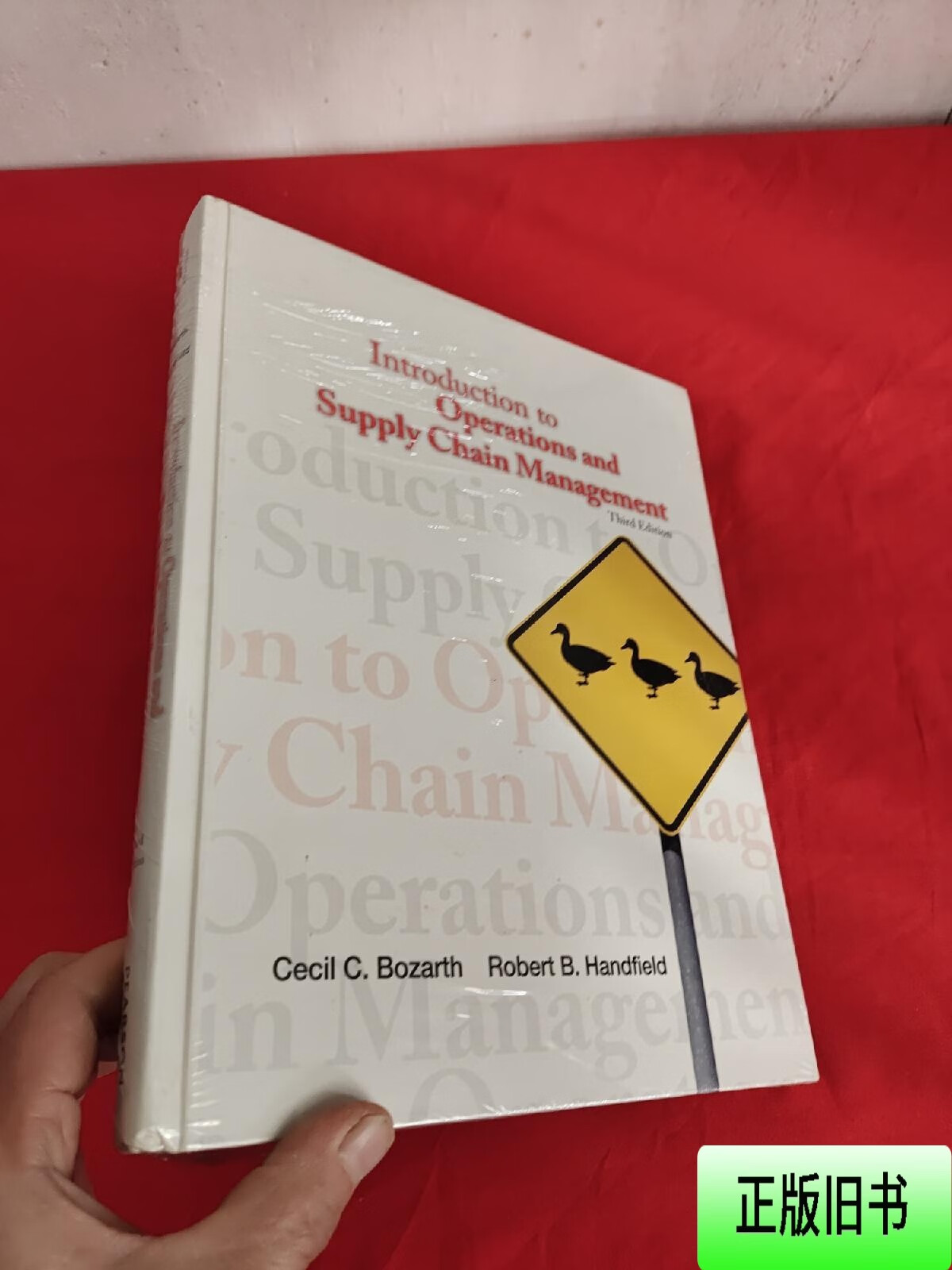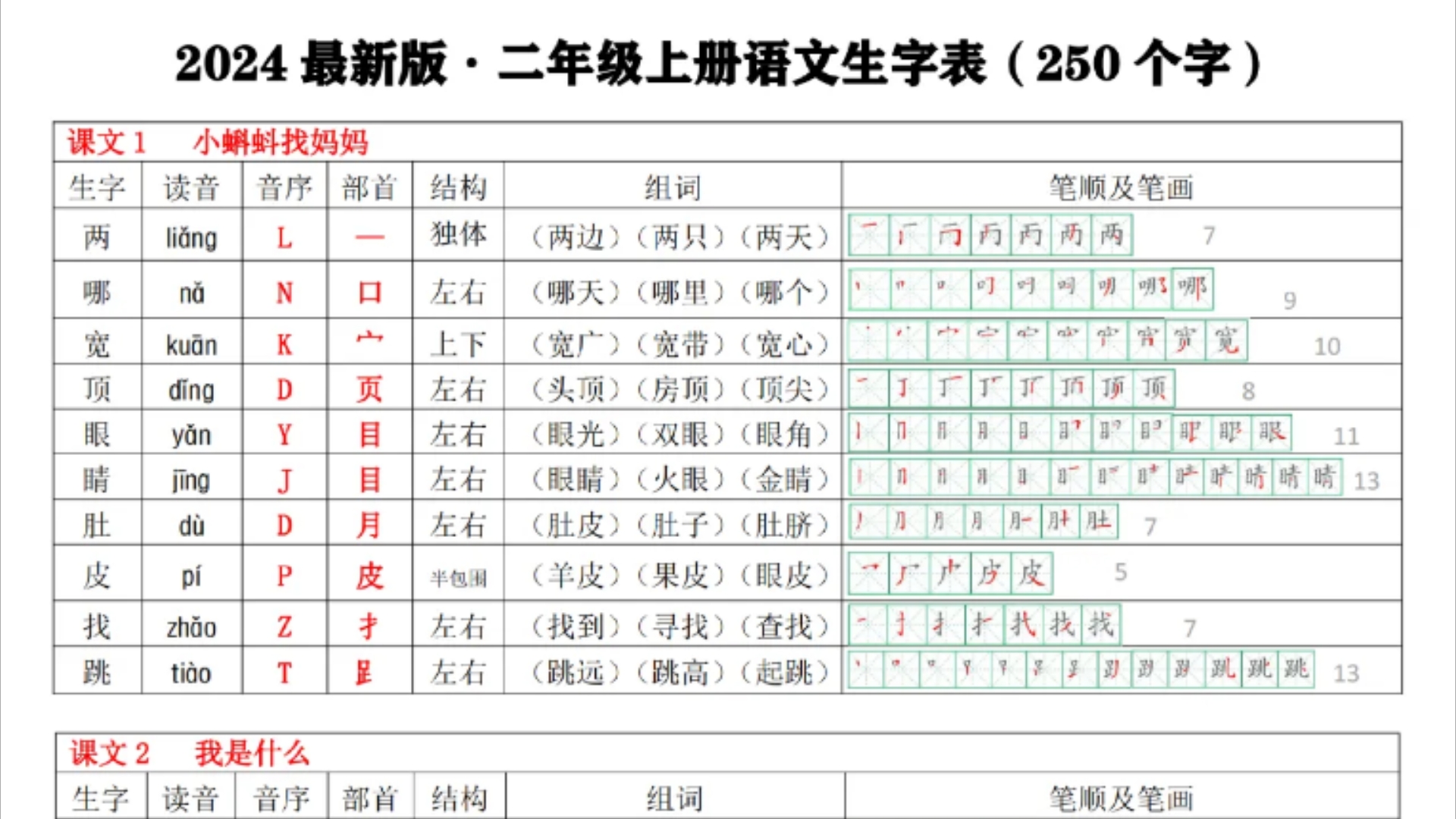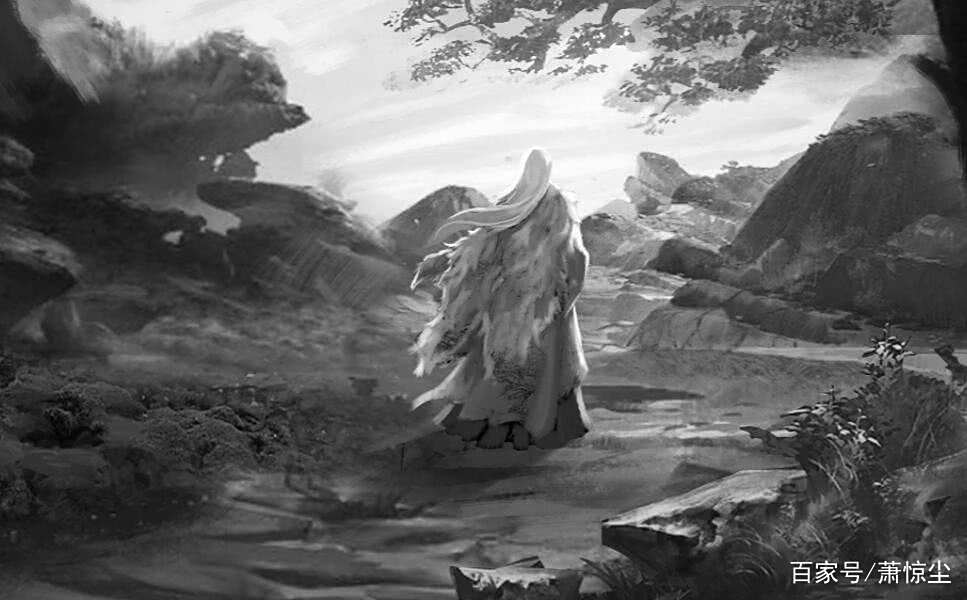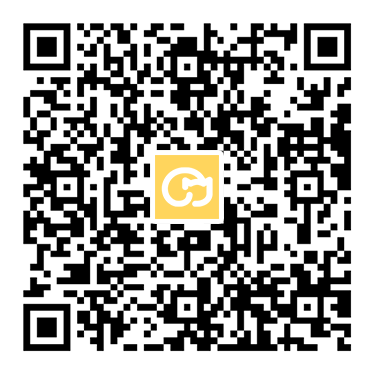1. must和have to都表示“必须,不得不“。must强调主观性;have to强调客观需要。 must只用于一般现在时,而have to有更多的时态形式。例如:
I must learn another language.
(主观想法:我想要)
I have to learn another language.
(客观需要:我不得不)
It’ll have to be finish in two days.
(have to用于将来时中)
He has had to reconsider his position.
(have to用于现在完成时)

2. 两者的否定意义不同:mustn’t表示“禁止,不可以”;而don’t have to表示“不必”,意思相当于needn’t.例如:
You mustn’t go. 你绝不可以去。
You don’t have to go. 你不必去。
3. “must be + 形容词或名词”表示对现在情况的肯定推测和判断;否定推测用can’t. 例如:

What he said must be true.
What he said can’t be true.
This must be Jim’s pen.
4. “must + have done”表示对过去情况的肯定推测;“can’t/couldn’t +have done”则表示对过去情况的否定推测。例如:
The ground is wet. It must have rained last night.
He can’t have finished the work in such a short time.









